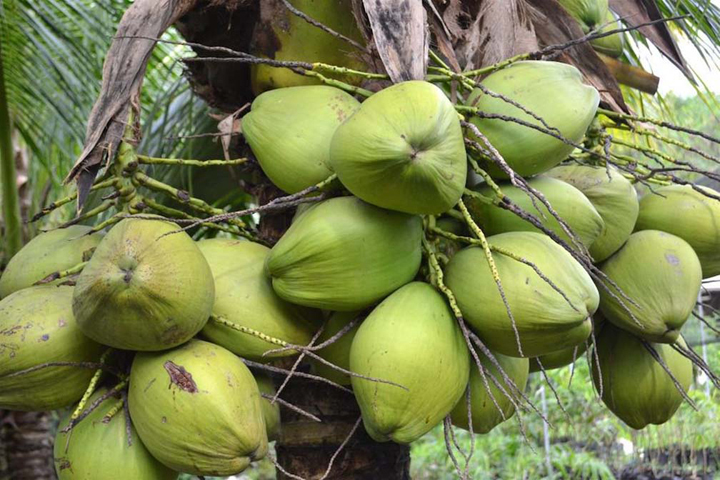
Coconut products manufacturer Axelum Resources Corp. on Wednesday said it plans to establish additional livelihood projects for its farmers, including employable skills training seminars to harness the management acumen of cluster leaders and members.
Axelum also said it has conceptualized various social campaigns that maximize the agricultural potential of its area.
“We are fully committed to initiatives that uphold social welfare, particularly towards our often-neglected farming communities. With this certification, our customers can be assured that our products are backed by a supply chain that strongly adheres to the highest ethical principles, providing a conducive sustainable working environment that is free of exploitative labor and abuse of natural resources. In this respect, Axelum is truly proud to be part of such cause,” Romeo I. Chan, the company’s chairman and CEO, said.
In 2019, Axelum expanded its sustainability development platform by launching its Fairtrade program, primarily for the benefit of local coconut farmers.
Fairtrade International was founded in 1997 and is a nonprofit, multistakeholder association of 22 member-organizations.
It promotes a global system that connects farmers and workers from developing countries with consumers and businesses around the world to change for the better.
Fairtrade-certified companies undergo rigorous and independent audit screenings based on some guidelines, and compliant with the ISEAL Assurance Code, an international code for sustainability standards.
To date, approximately 1,000 farmers are enrolled in Axelum’s Fairtrade program, organized into nine clusters from the municipalities of Medina, Magsaysay, Salay, Talisayan and Gingoog City in Misamis Oriental, Northern Mindanao. In terms of land area, more than 2,300 hectares of organic coconut farms are Fairtrade-certified.
Among the key highlights of the Fairtrade system is the setting of a Fairtrade minimum price, which represents the base amount that producers are paid when selling their products through Fairtrade. In principle, this protects producers when market prices drop.
The Fairtrade premium is an extra sum of money paid on top of the selling price. This additional amount is collected and earmarked to fund cluster-initiated projects.
Axelum said it transacts with a well-known multinational consumer giant for its desiccated coconut products under Fairtrade prices. Based on Fairtrade terms, Axelum allocates a portion from each product sold as Fairtrade Premium, which is then deposited to an independent bank account directly accessible to farmer clusters.
Image courtesy of BusinessMirror file photo
Read full article on BusinessMirror

